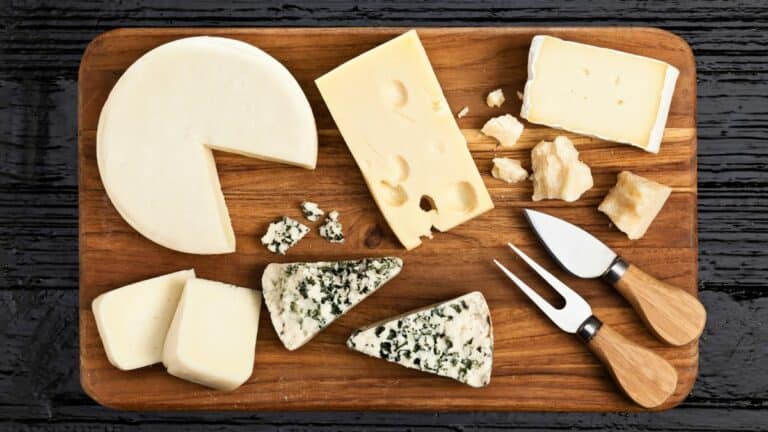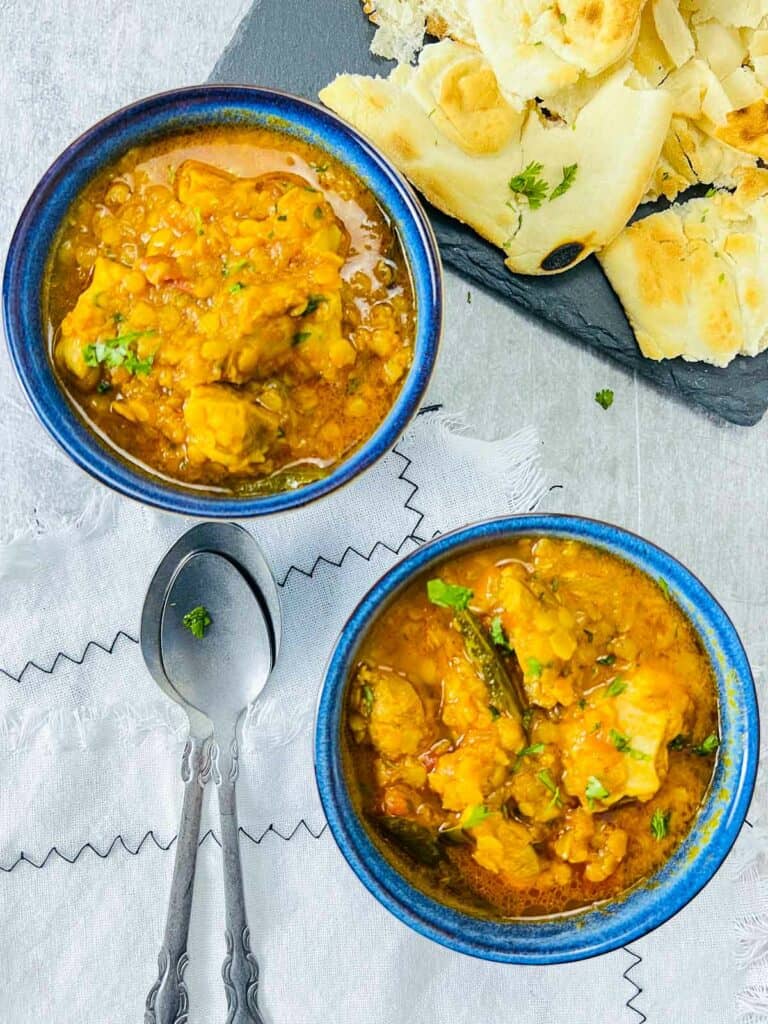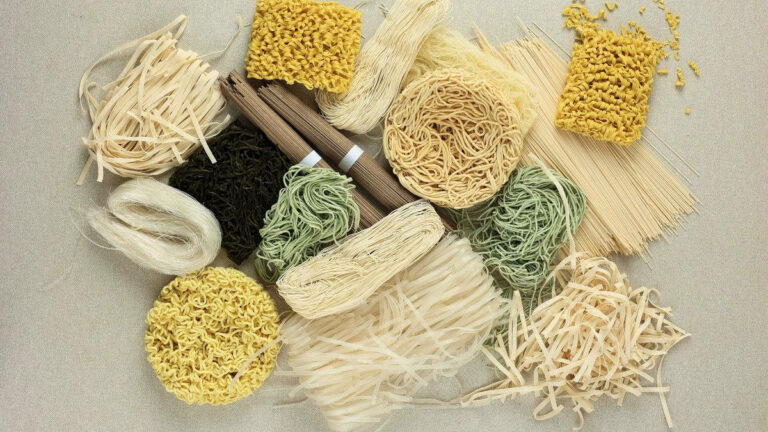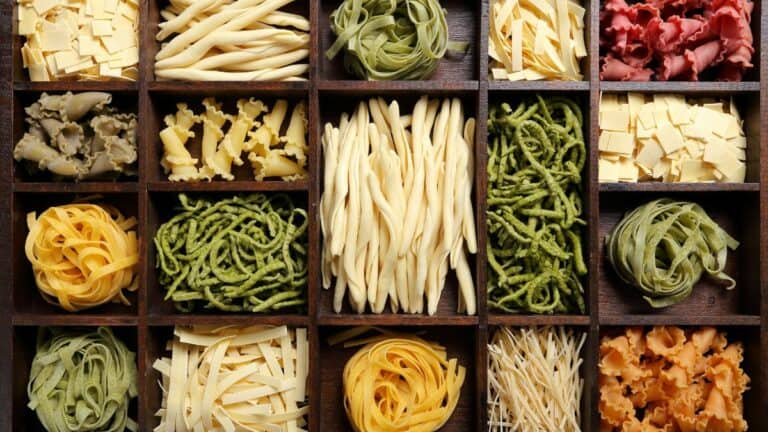12 Ways to Use Fresh Herbs from Your Garden
Fresh herbs can elevate your cooking with their vibrant flavors and aromatic qualities. If you have a garden full of herbs, here are 12 creative ways to use them to enhance your meals and preserve their freshness.
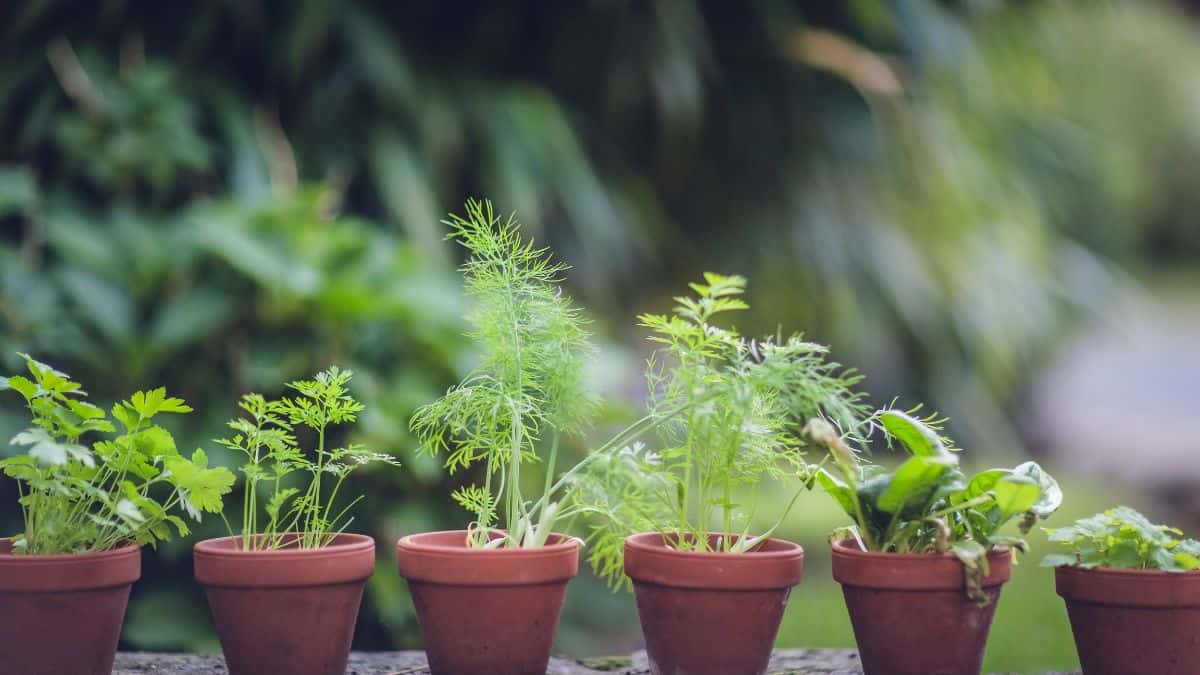
Herb-Infused Oils
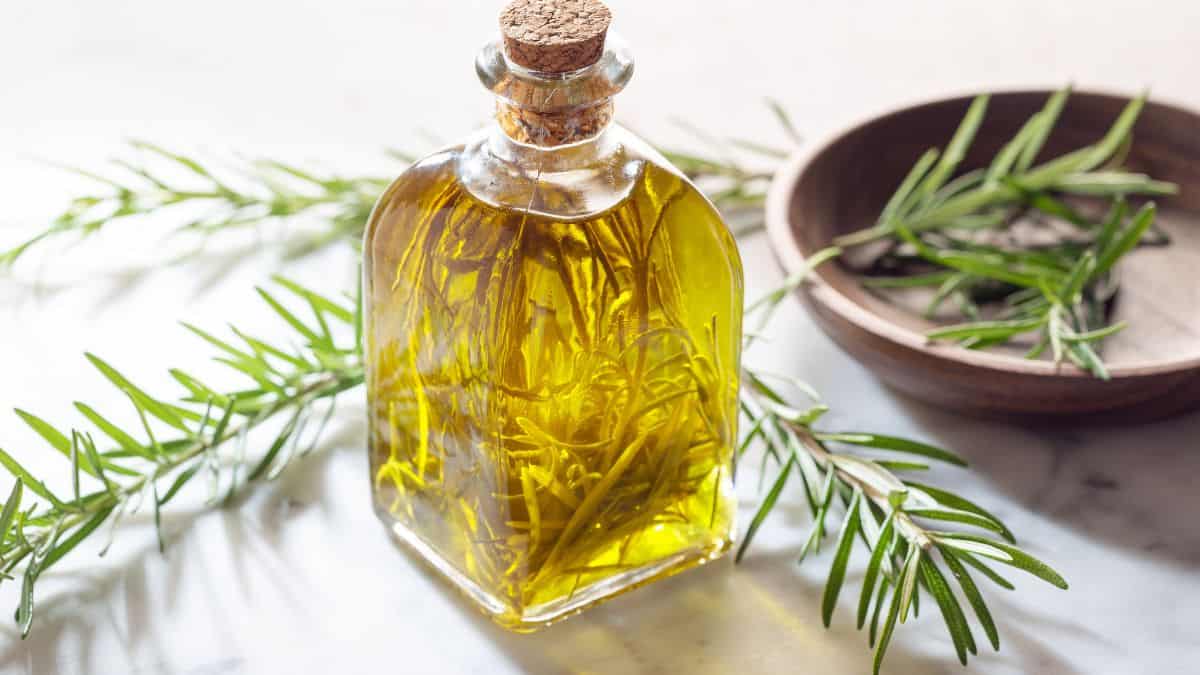
Create your own herb-infused oils by combining olive oil with your favorite herbs, such as rosemary, basil, or thyme. Gently heat the oil with the herbs to release their flavors, then strain and store it in a bottle. Use these infused oils for drizzling over salads, cooking, or as a dipping sauce for bread.
Herb-Seasoned Butter
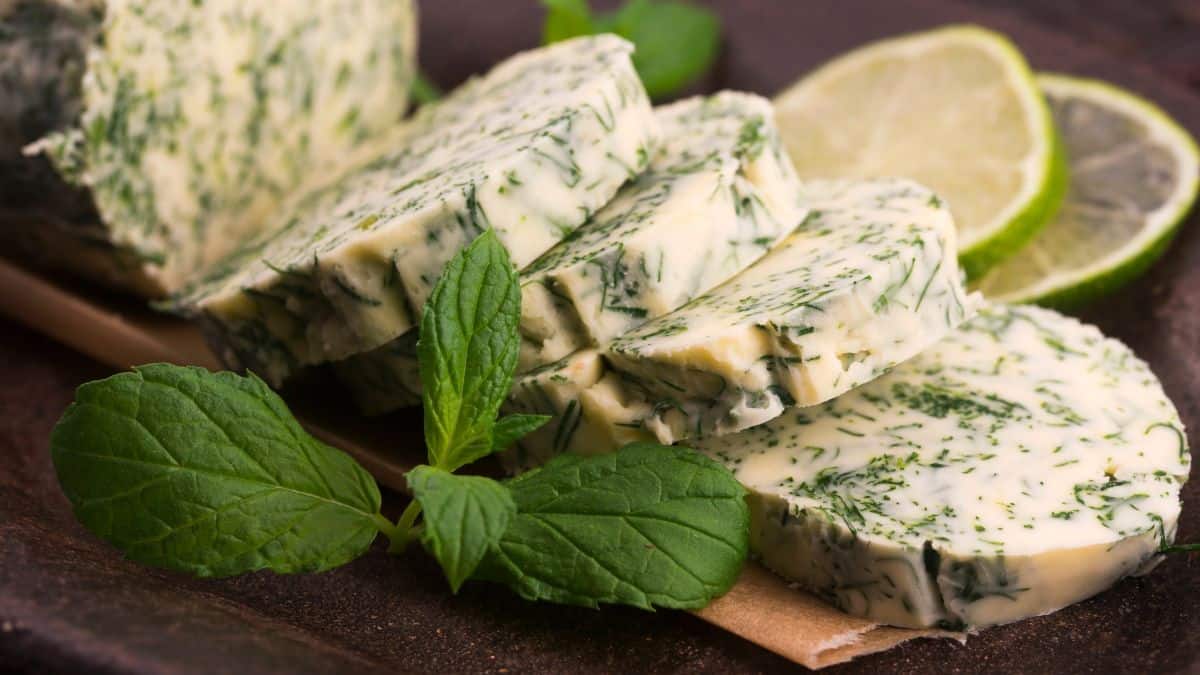
Mix chopped fresh herbs into softened butter to create herb-seasoned butter. This simple addition can enhance the flavor of grilled meats, vegetables, or bread. Try combinations like chive and parsley or dill and garlic for a variety of delicious spreads.
Herb-Infused Ice Cubes
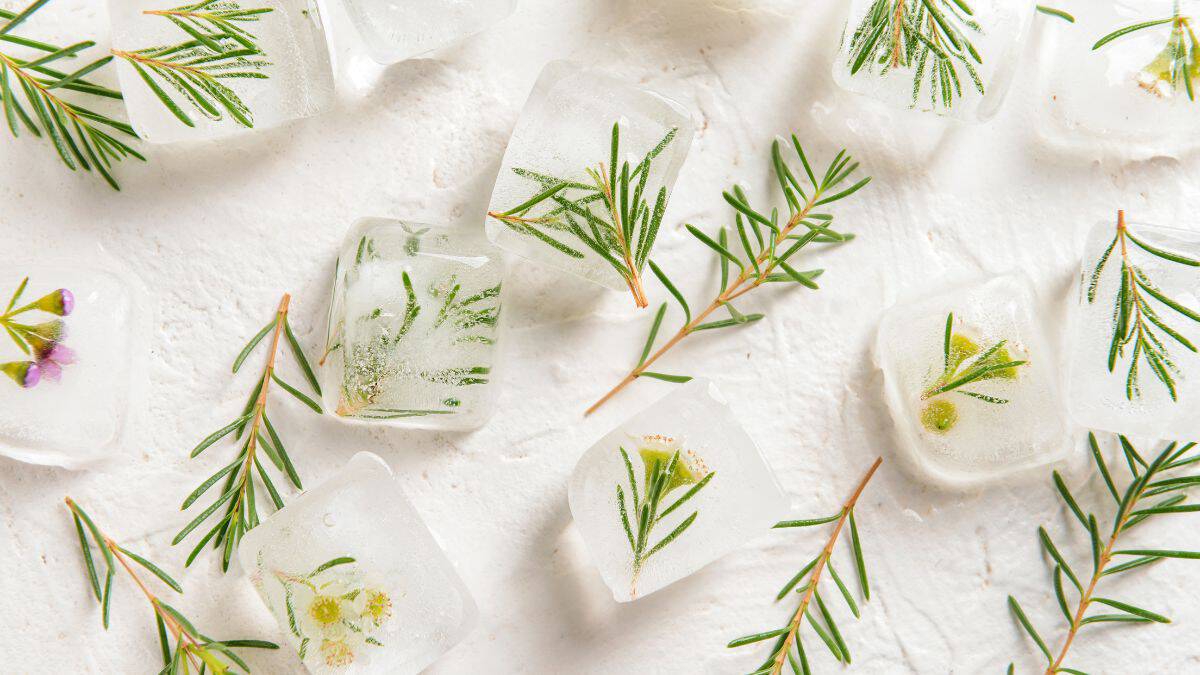
Freeze fresh herbs in ice cube trays with water or broth to create herb-infused ice cubes. These cubes can be used to chill beverages with an extra hint of herbal aroma.
Herb-Infused Salts
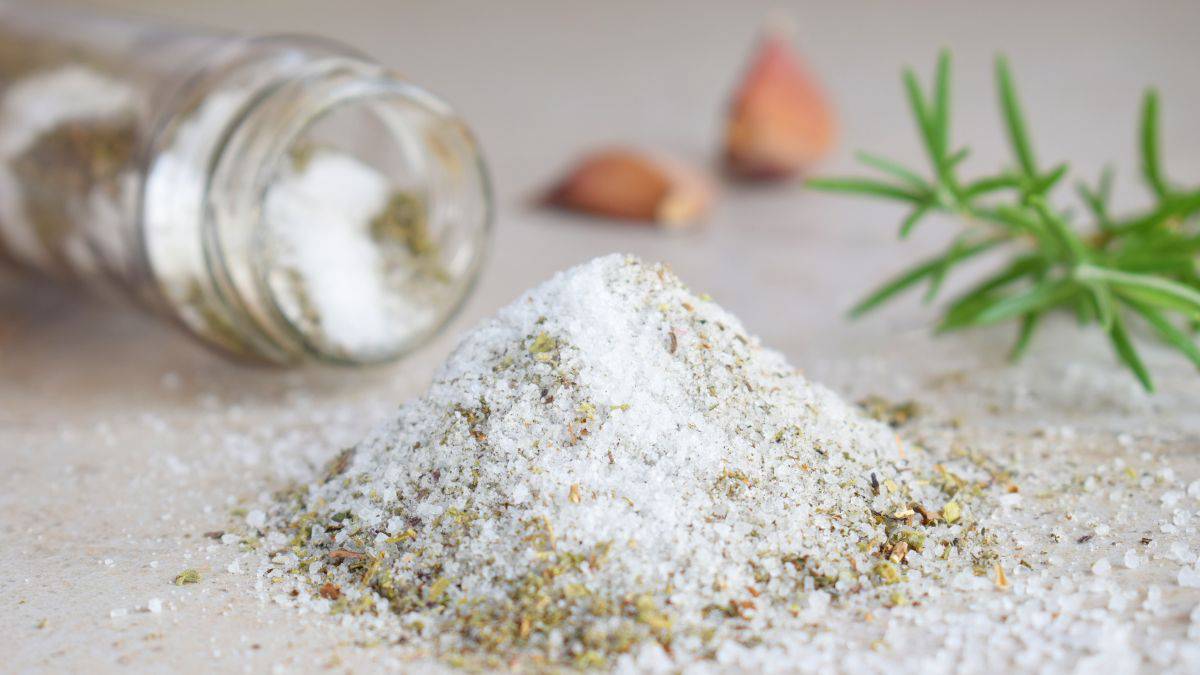
Combine chopped fresh herbs with sea salt to make herb-infused salts. These can be used to season dishes, from roasted meats to vegetables, adding a burst of flavor with every sprinkle. Store the herbal salts in airtight containers to keep them fresh.
Homemade Herbal Teas
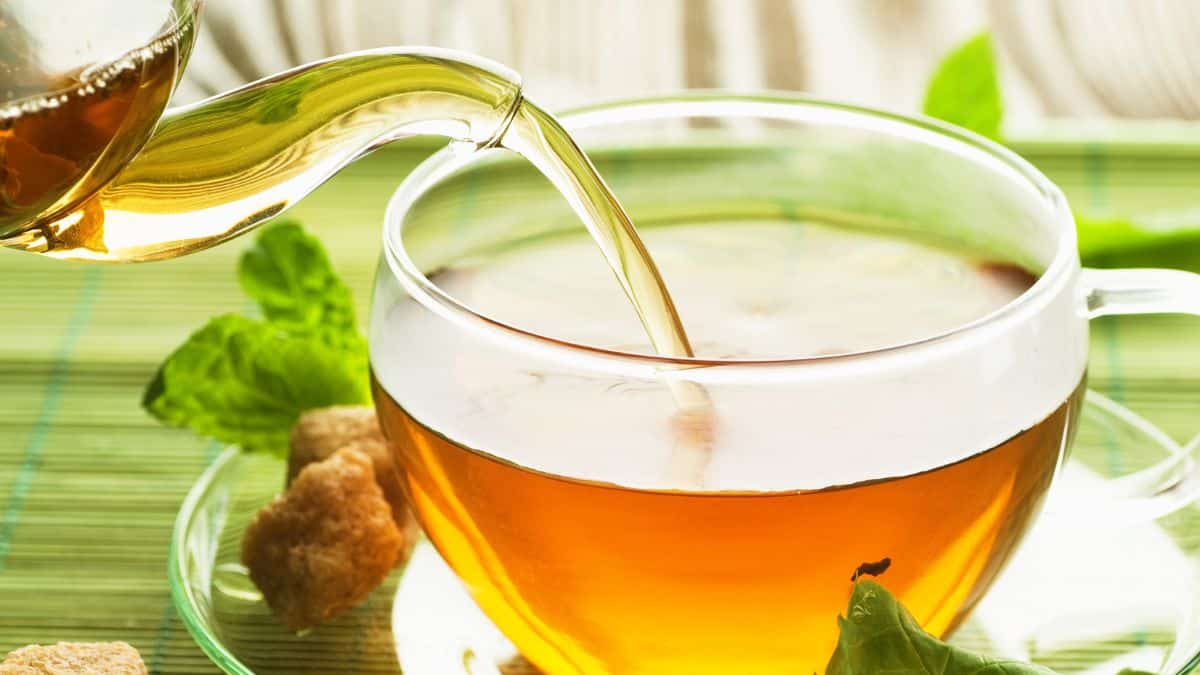
Brew fresh herbs into flavorful teas for a refreshing and aromatic drink. Herbs like mint, chamomile, or lemon balm are perfect for making herbal teas that are both soothing and invigorating. Simply steep the herbs in hot water and enjoy a natural, caffeine-free beverage.
Herb-Centered Garnishes
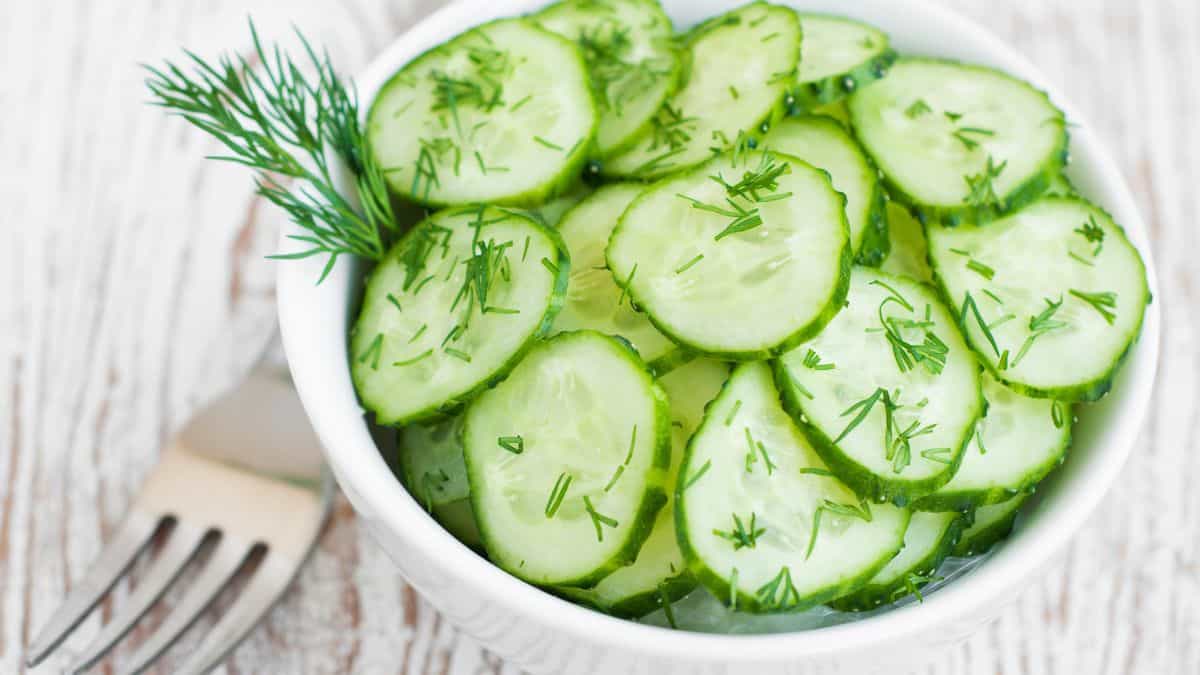
Use fresh herbs as garnishes to add a pop of color and flavor to your dishes. Sprigs of basil, parsley, or cilantro can brighten up everything from soups to main courses, providing a fresh finish and enhancing the visual appeal of your meal.
Herb-Infused Vinegar
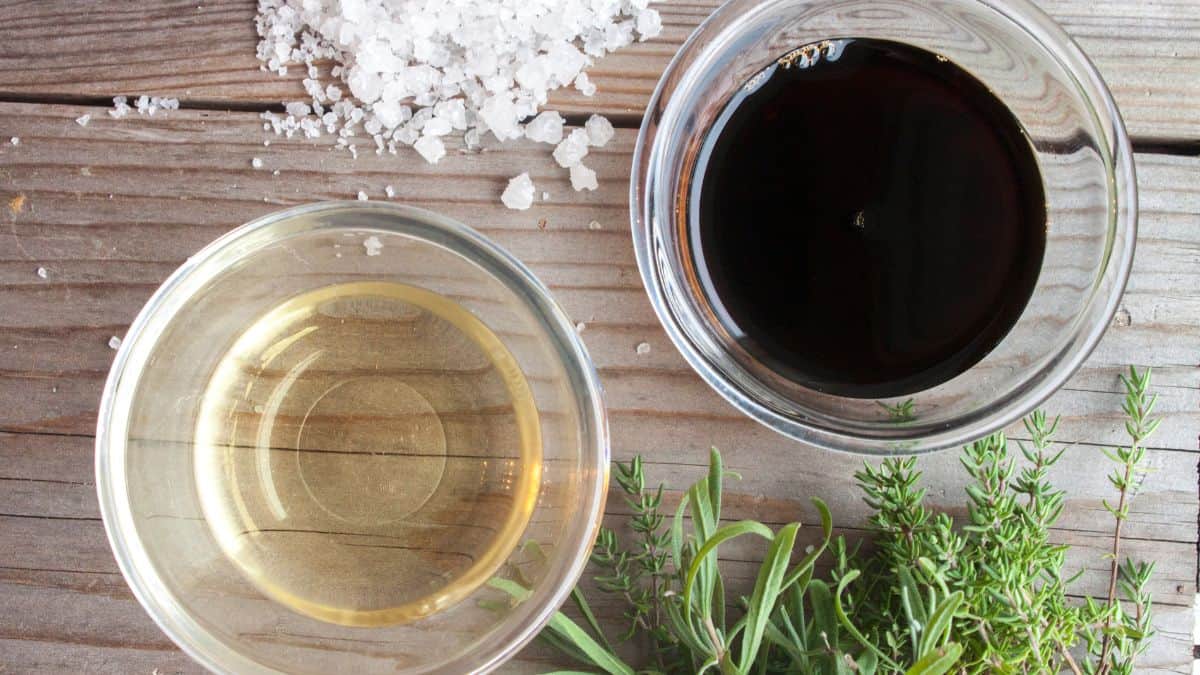
Add fresh herbs to vinegar to create flavorful, aromatic infusions. Simply place herbs like tarragon, mint, or oregano in a bottle, pour in vinegar, and let it steep for a few days. Use these infusions in salad dressings, marinades, or as a tangy flavor booster in cooking.
Fresh Herb Salads
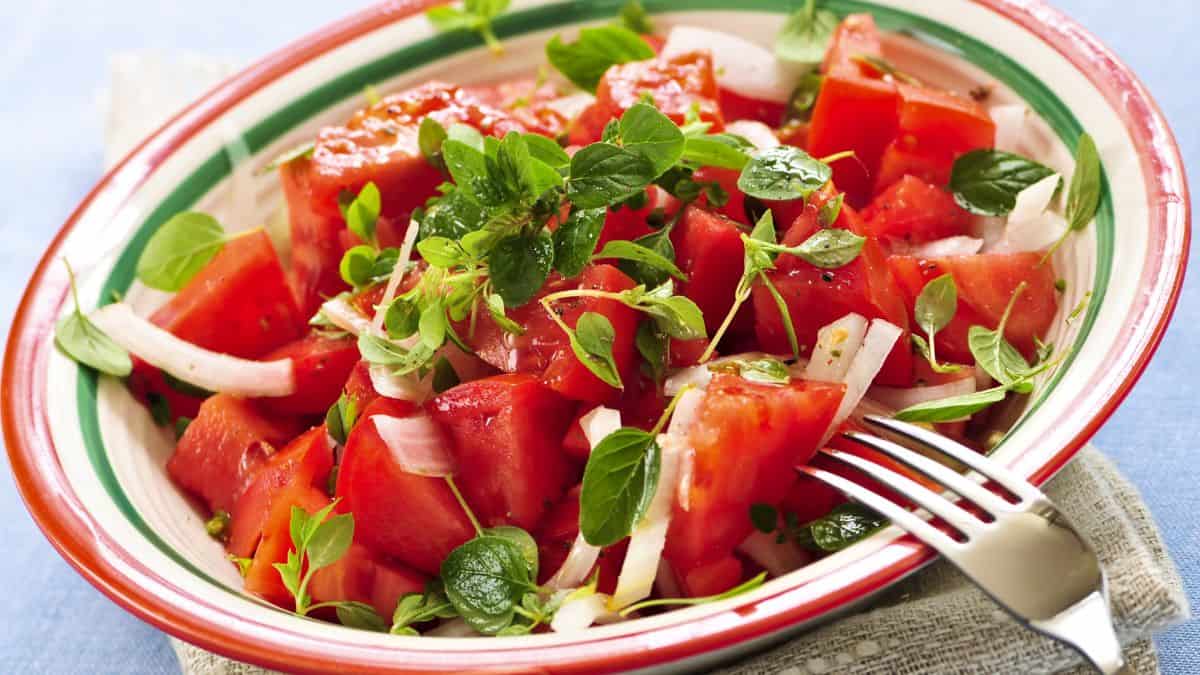
Incorporate fresh herbs into salads for an extra layer of flavor. Use herbs like mint, cilantro, or dill to add a burst of freshness and complement the other salad ingredients. Herb salads are not only tasty but also a great way to use up an abundance of herbs.
Herb-Seasoned Roasted Vegetables
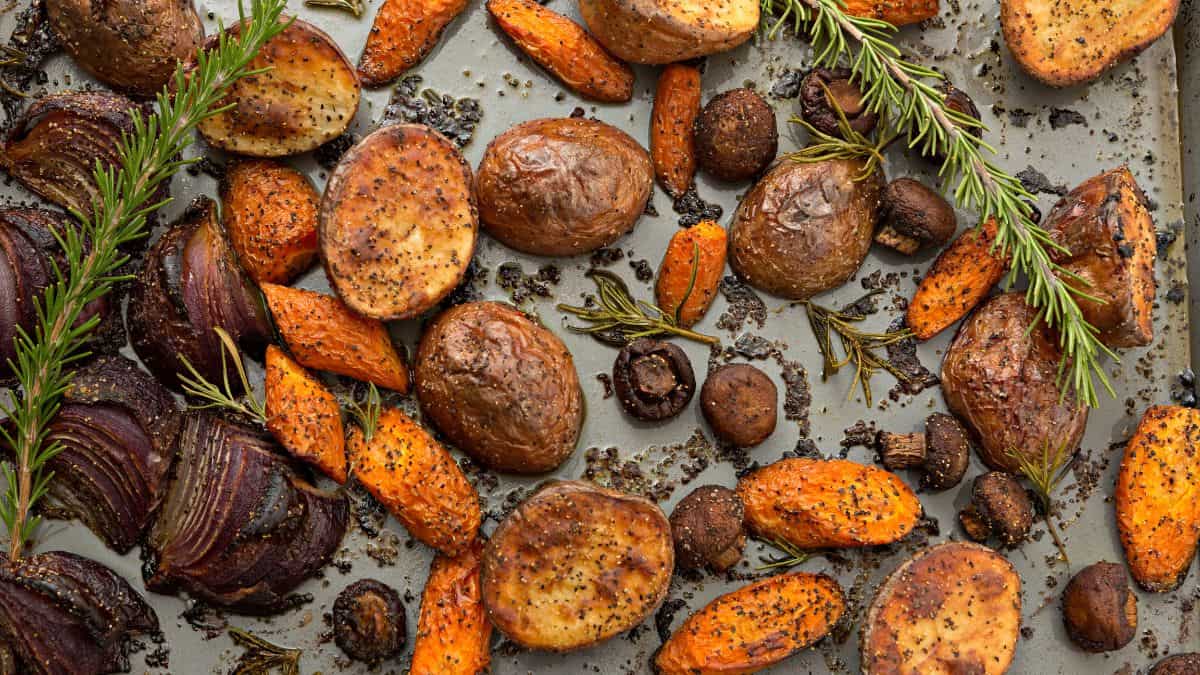
Toss vegetables with fresh herbs and a bit of olive oil before roasting them in the oven. Herbs like rosemary, thyme, or sage will infuse the vegetables with their aromatic qualities, making for a delicious and fragrant side dish.
Herb-Crusted Meats
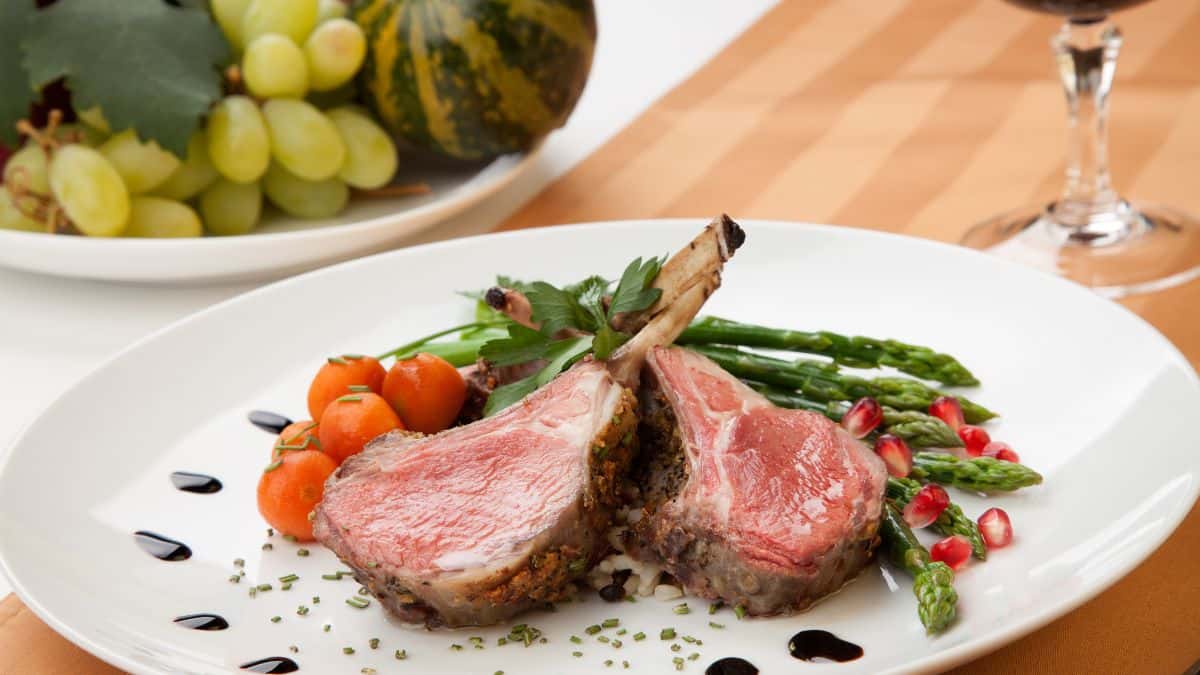
Coating meats with a mixture of chopped herbs, breadcrumbs, and spices creates a flavorful herb crust. This technique adds a crunchy texture and a burst of herbal flavor to roasts, chicken, or fish, making for an impressive and tasty meal.
Herb-Enhanced Soups
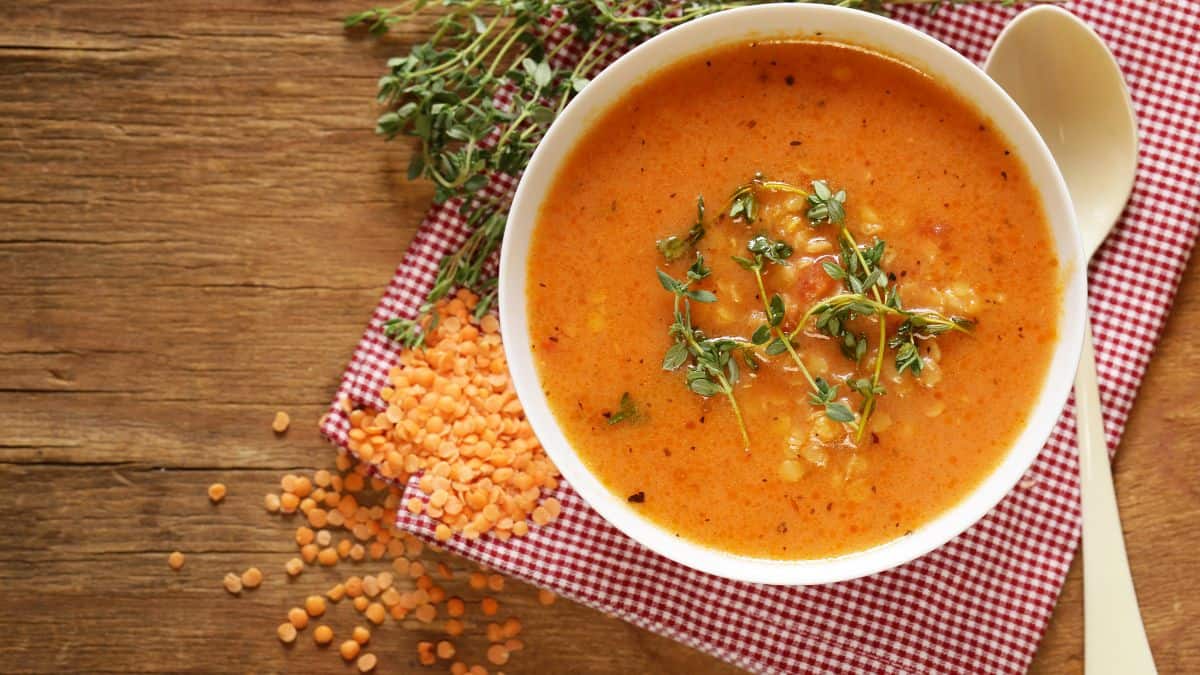
Stir fresh herbs into soups and stews for added depth and flavor. Herbs like thyme, parsley, or basil can brighten up the taste of hearty dishes and enhance the overall profile of the soup. Add herbs towards the end of cooking to preserve their fresh flavor.
Homemade Pesto
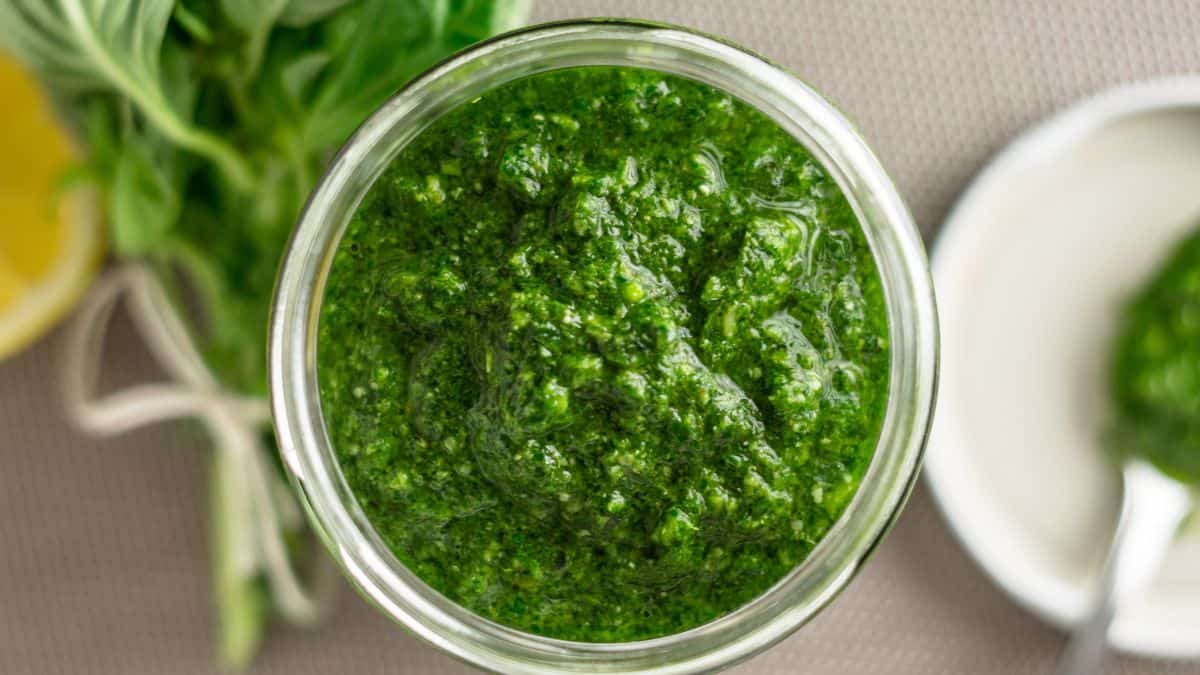
Make a delicious pesto by blending basil, garlic, nuts (like pine nuts or walnuts), and Parmesan cheese with olive oil. Use this versatile sauce as a pasta topping, spread on sandwiches, or make it a flavorful addition to soups and salads. Experiment with different herbs and nuts for unique variations.


